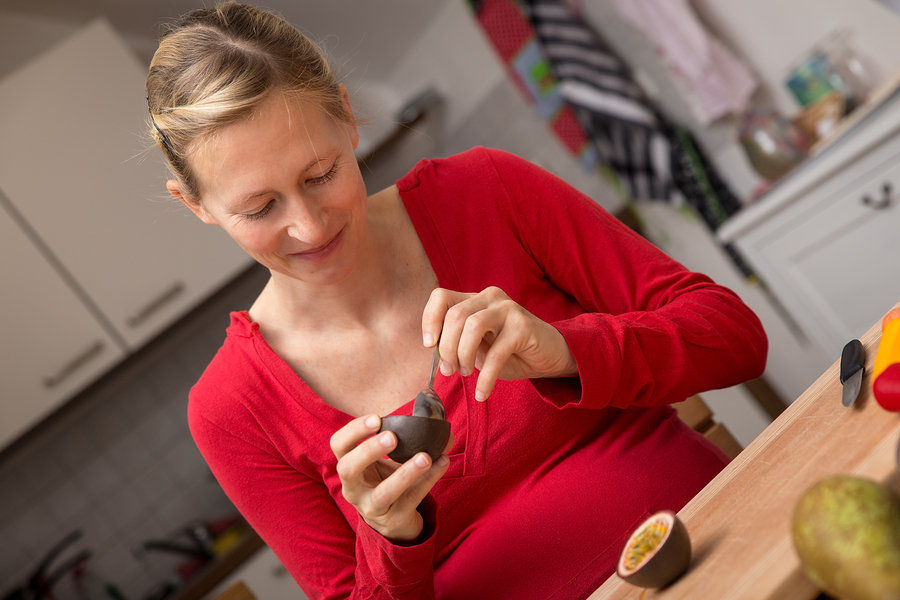 In a previous post, I began a discussion about the keys to proper nutrition during pregnancy, including consuming the proper amounts of folic acid, iron and calcium. This is obviously important to the developing baby, but also to the mother, who needs to produce a supply of healthy breast milk for feeding the baby.
In a previous post, I began a discussion about the keys to proper nutrition during pregnancy, including consuming the proper amounts of folic acid, iron and calcium. This is obviously important to the developing baby, but also to the mother, who needs to produce a supply of healthy breast milk for feeding the baby.
Protein intake is another critical factor for pregnant women, especially during the second and third trimesters when the baby’s growth rate increases. The amino acids in protein serve as the foundation for many kinds of body tissue.
The recommended daily allowance for protein varies for different age groups. Women ages 25 and older should consume 45 to 50 grams of protein, but during pregnancy, consumption should increase to 70 grams per day. Organic chicken and eggs, grass-fed beef, fish (never farm-raised), plain yogurt, beans, peas, nuts and seeds are good sources of protein.
One essential ingredient during pregnancy that is often overlooked is water. Water not only keeps the body hydrated, but it also helps to relieve constipation, reduces the risk of hemorrhoids, and prevents bladder infections, which are common among pregnant women.
In fact, dehydration can lead to contractions during the third trimester of pregnancy. These contractions could even trigger preterm labor.
The best fluid any human being can consume is water. Pregnant women should consume eight to 10 glasses of water each day and avoid any caffeinated beverages. I hope it goes without saying that beverages with artificial coloring, sweeteners and other unnatural ingredients should be left on the grocery store shelf before, during and after pregnancy.
Because constipation is common during pregnancy, high amounts of fiber – 20-30 grams per day – are recommended to improve digestion. Organic fruits and vegetables are excellent, natural sources of fiber. Many people also look to whole grains for fiber. As I’ve written previously, it’s important to understand what whole grain is and what it is not, and those on a gluten-free diet should avoid whole grains completely. Supplements and mixes should only be taken with your doctor’s approval.
Pregnant women are typically encouraged by their doctors to take prenatal vitamins. Prenatal vitamins are multivitamin supplements that have been specially formulated to compensate for nutritional deficiencies that a woman may experience during pregnancy.
Prenatal vitamins most commonly include vitamin A, folic acid, vitamin D, calcium, vitamin C, thiamine, riboflavin, pyridoxine, niacinamide, vitamin B12, vitamin E, zinc and iron. Of course, there is more than one prenatal vitamin on the market, so it’s important to consult your doctor and follow their recommendation when choosing your prenatal vitamins.
In Part 3 of our Healthy Mother, Healthy Child series, I’ll discuss the importance of moderation and how pregnant women can benefit from structural treatments such as chiropractic care, massage and acupuncture.